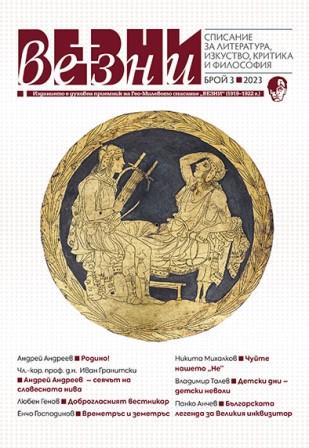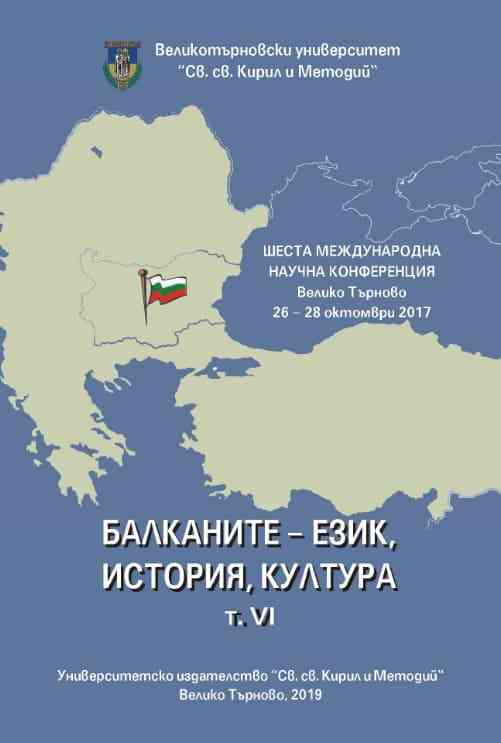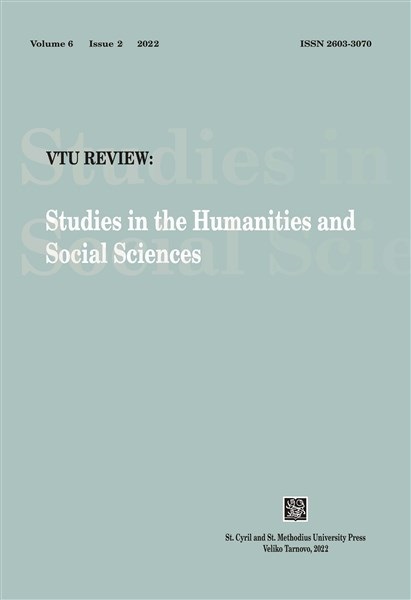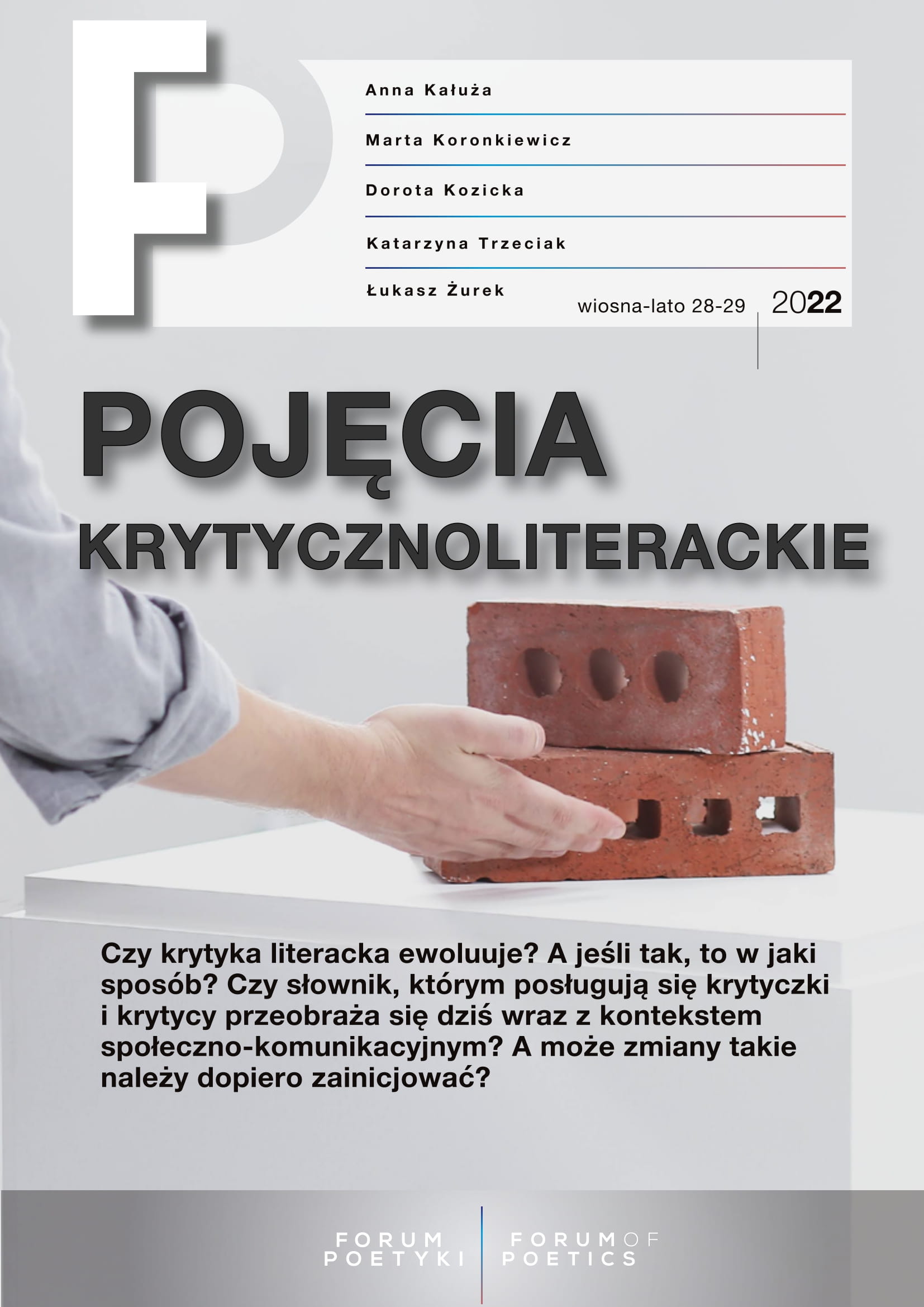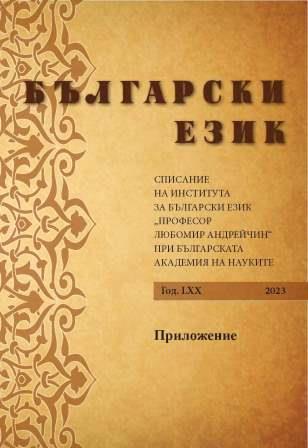
Частите на речта като части на изречението, или дали винаги глаголите заемат отделна синтактична позиция
We examine the semantic and syntactic properties of Bulgarian modal and phase verbs in order to determine whether they form a complex predicative unit with the verb they attach to or constitute a separate one. The answer to this question allows for an adequate classification of the verbs under consideration. Furthermore, we describe the syntactic structures with equivalent subjects in the main and subordinate clauses.
More...
